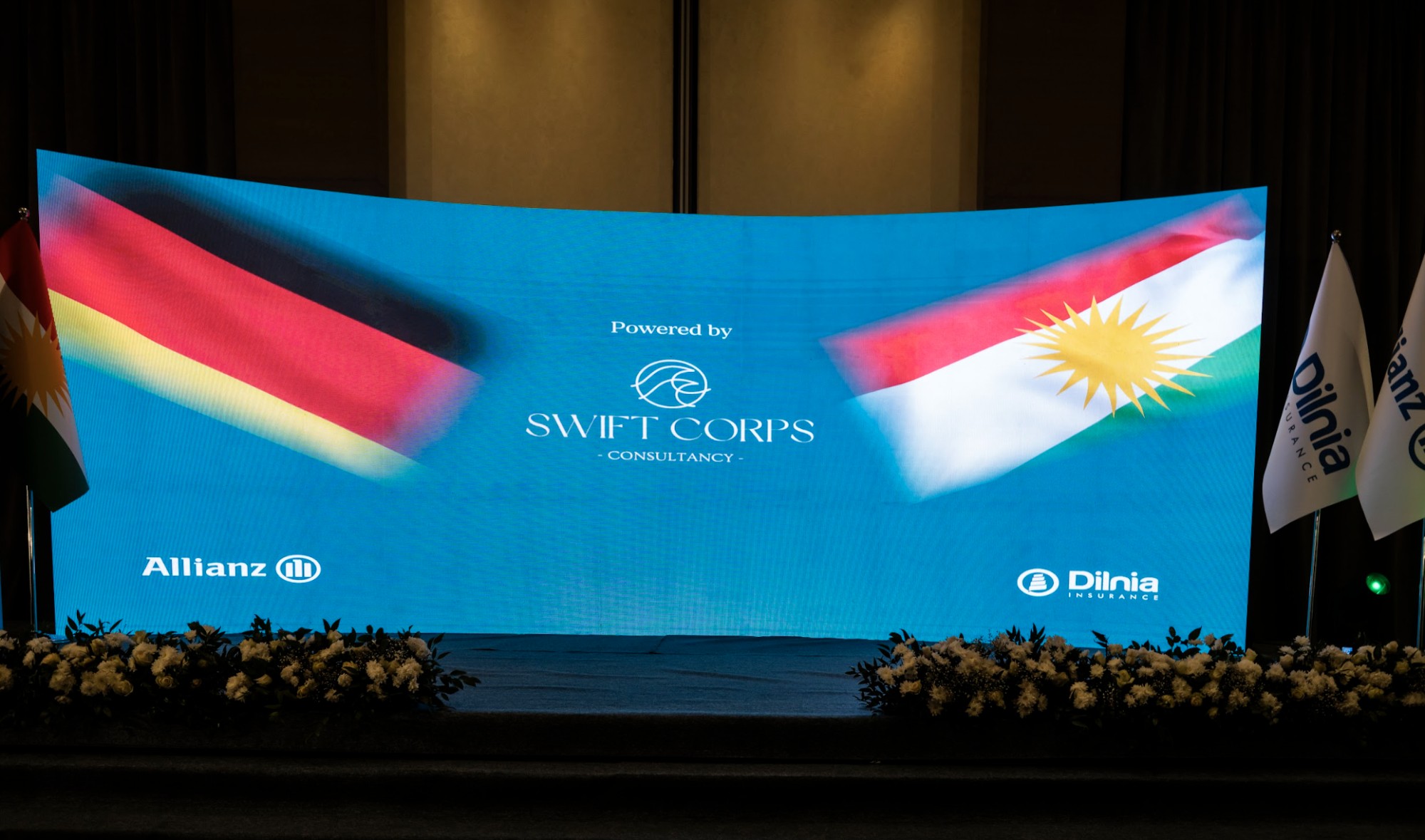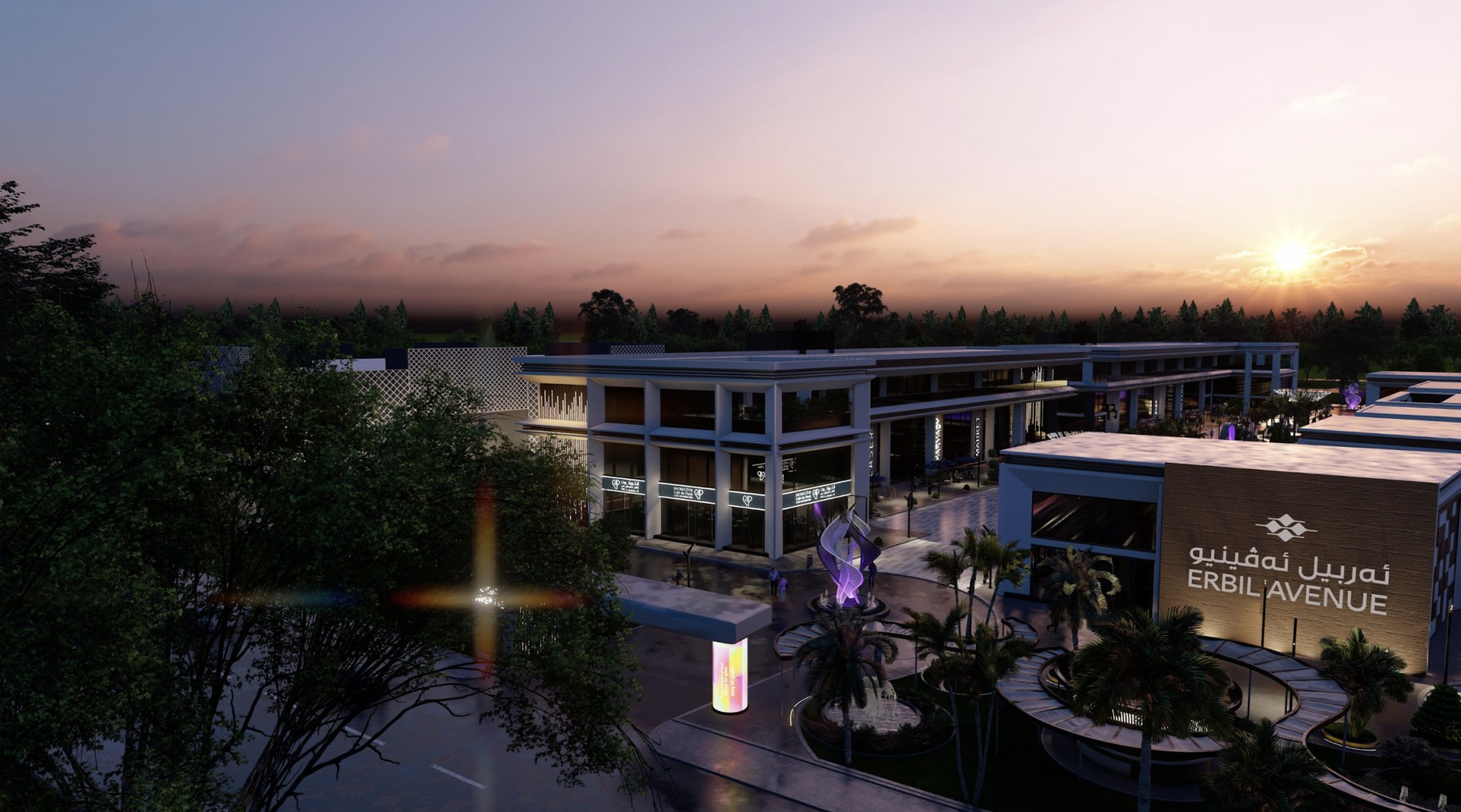The continuing struggle for political autonomy defines the Kurdish experience in Iraq. Today, equally important is the struggle for autonomous economic development. This is underscored by the ongoing disagreement over the equitable distribution of revenue from the Iraqi energy sector. The political factors responsible for the (in)ability of the Kurdistan Regional Government (KRG) to pay employee salaries and necessary expenses for improving quality of life in the Kurdistan Region are well understood. What is less clear, and is obscured by a complex web of dependent relationships with the Central Bank of Iraq, are the obstacles to developing a modern financial system. This includes currency-exchange volatility that exists outside of the control of the Kurdistan Region banking system.
Chicken or egg: When is finance the key to economic development?
Each day, the modernization of the Kurdistan Region financial system increases in importance, with more students graduating into the Iraqi labor market, even as oil revenues are projected to decline over the next decade. Indeed, a steadily increasing share of job growth and higher standard of living in the Kurdistan Region will be generated by a more dynamic and better-capitalized financial sector.
A robust and highly profitable banking system offers convenient digital services; lower cost loans to consumers and businesses; automated credit scoring systems; a wider range of financial products and services, including consumer investment and insurance products; sophisticated risk-management policies; highly skilled and efficient employees who are better compensated; improved bank capital structures; greater social trust that encourages patriotic consumer deposits; targeted financial education and literacy programs; new consumer legal protections; and, eventually, investment banking capabilities for integration into global capital markets. Together, they will contribute to the economic diversification of Kurdistan with more highly paid and dynamic jobs.
Does all that sound naively optimistic? Does it not seem feasible with the current resource constraints? Let’s examine the puzzle.
A five-step plan for modernizing the Kurdistan Region financial system
The key to successfully modernizing the Kurdistan Region’s financial system is to design and implement its development as a series of interlocking pieces that constitute a three-dimensional puzzle. The digital foundation has been laid by KRG Prime Minister Masrour Barzani with the creation of bank accounts for all KRG government employees. This not only offers more financial services to city residents, but also bridges the urban-rural gap in accessing modern banking services.
My recommendation is five interrelated steps that build on the institutional development of each preceding phase. With the progression to each new step, a pilot project with a select group of regional banks and their customers will test each new “piece” or component of the modernizing Kurdistan Region financial system.
Step One: First and most importantly, Prime Minister Barzani has successfully established the digital foundation that is essential for progressing to the next phases – that is, the direct deposit of government employee salaries in trustworthy banks with unique UPI account numbers. This is the culmination of a complex technological integration between employers, banks, and digital payment platforms. Cash can be withdrawn with bank-issued payment cards at ATMs, while KRG government services can be conveniently paid through this digital payment system. Significantly, this is the beginning of a cultural transformation, as Kurdistan Region residents transition from face-to-face bank relationships to the convenience of impersonal digital financial services.
Step Two: Kurdistan Region’s banks must expand their retail networks for accepting digital payment cards. This entails cultivating merchants’ willingness to pay small transaction fees to member banks since consumers will increase their purchases – and thus merchant profits – by using payment cards. This new source of bank revenue will help to pay for the costs of expanding the merchant acceptance and processing network.
The marketing campaign will begin by enlisting major grocery store chains, food service and utility companies, and petrol stations that accept electronic payment cards in other countries. During this early phase, the analysis of aggregated payment data will become the basis for compiling consumer and household spending profiles for creating credit-scoring systems. At the same time, member banks must establish sophisticated risk management departments with specially trained staff. This includes assessing the impact of interest rate risk on portfolio management policies as well as household consumer credit capacity for extending future loans and corporate lines of credit.
Step Three: For many reasons, the lack of trust in the Kurdistan Region’s depository institutions has led to the undercapitalization of the financial system. This severely limits banks’ ability to increase consumer and commercial lending with lower cost loans. In order to increase bank liquidity, major savings campaigns will be required to encourage the growth of household bank deposits. Achieving this goal requires a combination of promoting patriotic savings accounts, household financial incentives, and greater institutional oversight.
First, the Kurdistan Region business community will benefit and seek to invest in the highly profitable “member” banks of the modernizing financial system. This is due to greater lending capability arising from increased household bank deposits, which will underwrite an internationally managed deposit insurance program. The membership costs for these selected banks will include initial fees to join and quarterly insurance premiums based on the size of bank deposits. This expense will be paid from increasing bank revenue that is generated from a much higher loan volume. Second, consumer incentives must be enhanced with share-based financial returns for rewarding deposit retention as well as eligibility for new financial products such as high-status ATM payment cards or credit cards. Third, greater consumer confidence in depository financial institutions must be reinforced by social or political marketing campaigns. They must urge patriotic support for a healthy Kurdistan Region financial system by increasing household deposits.
Lastly, with increasing bank loan portfolios based on more sophisticated risk management systems, third-party prudential supervision audits must be sensitive to risk-adjusted capital reserve ratios and interest rate risk. Greater household confidence in the modern banking system will generate sustained job growth independent of volatile oil revenues, a greater variety of financial services, lower cost financial products, and sharply increased bank profits.
Step Four: The next phase requires the development of enhanced institutional capacity, as well as consumer and investor confidence among participating depository institutions. To improve bank efficiency and profitability requires the ongoing development of: (1) a household credit reporting system for improved underwriting of consumer and business loans; (2) a debt collection system with bureaus in Baghdad for coordinated asset retrieval and liquation; and (3) wealth management services, including international investment and insurance products. These three components will attract foreign investment and new technology that will smoothly integrate into the Kurdistan Region financial system.
Meanwhile, improving consumer trust will require the establishment of: (4) an administrative agency for issuing regulatory policies and enforcing contractual consumer rights and protections arising from new financial services and products; and (5) financial literacy programs in coordination with public schools and private financial institutions to identify best practices in household budgeting and the use of new financial services and products.
Step Five: The final piece of the puzzle is the development of investment banking capabilities for integration with global capital markets. This phase increases the liquidity of the Kurdistan Region financial system by packaging “bundles” of consumer and commercial loans from member banks to create asset-backed securities (ABS). With sophisticated credit scoring and debt collection policies, the performance of these securities will be accurately estimated according to international valuation standards.
The sale of ABS products to international investors will sharply increase bank profitability, greatly enhance bank liquidity, and increase loans to borrowers at lower costs. This is a ‘win-win’ for the healthy growth of the banking sector, domestic investors, consumer borrowers, and Kurdistan Region businesses in need of capital and credit facilities. The first series of ABS sales could be negotiated with Middle East sovereign wealth funds to establish baseline valuations.
Conclusion
Future economic expansion, sectoral diversification, and robust job growth in the Kurdistan Region depend on the ongoing transformation of the financial system. Under the leadership of Prime Minister Barzani, the critical first step has been achieved, with the creation and integration of new pieces of the financial services puzzle currently in development by the KRG. Greater household convenience and lower cost products and services will generate increased consumer confidence as reflected in increased bank deposits. Together, these results will generate greater bank profitability, consumer and commercial loans, domestic job growth, and foreign investment in the financial sector.
Soon, the modern financial technology will be at your fingertips. Your ATM bank card will become a SMART card with payment and credit functionalities that will be accepted throughout the Kurdistan Region and eventually around the world. Remember, Rome was not built in a day. A modern financial system will not be, either. But, the future is much closer than you think!
Robert D. Manning, currently a Professor of Management, Finance, and Public Policy at the University of Kurdistan-Hewler in Erbil, has made significant contributions to international academic journals with his scholarly articles. He is also the recipient of multiple awards in the United States.

